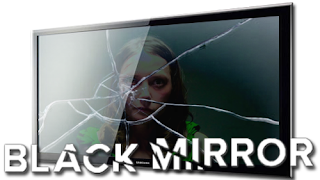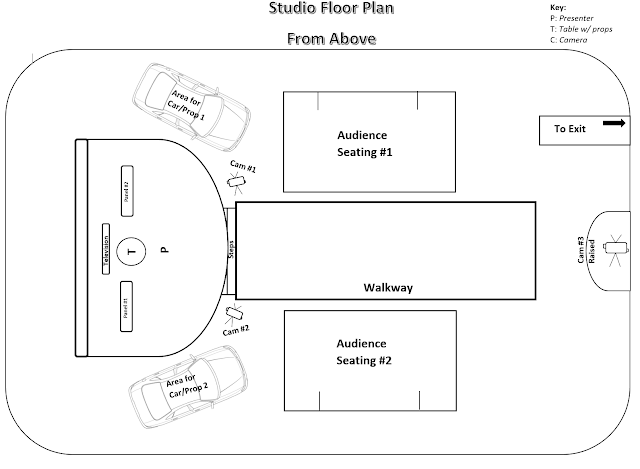Contextual Studies | Crime Drama Lecture
In this lecture we looked at the crime drama genre, and watched a screening of 'The Bill', because of the nature of the genre, this screening was longer than that of the sitcom and soap opera. Interestingly British crime drama tends to much more gritty, realistic and unwavering it it's presentation, the antithesis to that of American Crime Drama - often serialised 'weekly bad guy/whodunnit' kind of thing, often with more humour and general light heartedness.
[THE BILL 1X06 SCREENING]
Objectives:
[THE BILL 1X06 SCREENING]
Objectives:
- Analysis of the crime drama as a genre.
- Codes and conventions of the crime drama genre.
- Some possible critical approaches.
The Bill (1983 - 2010) Holds the record for 'Longest Running UK Crime Drama'
- Set in fictional London police station.
- Longest running UK crime drama.
- Originally twelve 60 minute episodes.
- From 1988-2005, became year-round twice-weekly serial.
- Went from a crime drama series with 60 minute episodes, to a police based soap opera with 30 minute episodes. Eventually went back to the original 60 minute format.
Genre elements to watch for:
Mise en Scené:
- Real locations or studio?
- Authenticity (Sets, props, etc)?
Camera & Sound:
- single or multi-camera?
- Visual style?
Narrative and genre conventions:
- Realistic character or stereotypes?
- Acting naturalistic or exaggerated?
What is the Crime Drama genre?
- Evolved from literary detective fiction
- In TV often police procedural sub genre -'realistic' investigation of a crime by law enforcement teams.
Generally there are two different archetypes of Crime Drama;
'Whodunnit' - Often an Enigma that needs to be solved, someone found a body etc.
'Howdunnit' - Audience know whodunnit; pleasure is process.
Crime Drama - Technical Conventions
- Editing: Chase scenes, montage, flashbacks etc.
- Single camera
- Camera movement - either handheld mockumentary style or Steadicam, dollies, cranes etc.
- Visual devices: ECU's for tension or reveal Tilted, low and high angles, Slow-motion, CG recreations (CSI), and more recently graphical text (Sherlock etc.)
Crime Genre Narrative Conventions
- Episodic series format - typically 60 minutes. Usually self-contained closed narratives.
- Repetition - relies on returning central cast (team) and location (police station). (Conflicts in policing methods and intrinsic to the drama)
- Resolution - the very nature of detective/crime genre demands crime is resolved by setting upa mystery. (Film and TV guidelines demanded that 'crime must not pay')
Crime Genre - Symbolic Conventions
Lighting - low-key. Many crime dramas use light-dark contrasts in costume, setting and lighting (e.g. use of flashlights)
Authenticity - props, costumes, settings etc.
New conventions - detection via computer. Lighting and exposition.
Crime Genre Character Archetypes:
- Classic 'Rebel': (hero/anti-hero), Detective or senior cop, jaded. Doesn't always play by the rules. Sometimes corrupt. Usually male unfortunately.
- 'The King' (authority figure): commanding officer or station sergeant.
- 'The Innocent' (rookie): Audience surrogate and empathy.
- 'The sage' - Elderly, wise. If not senior figure, often doctor or scientist.
- 'The Villain' - antithesis to the protagonist, evil etc.
Many crime dramas utilise binary opposition: light and dark, good and evil, law & order. But often the investigator has their moral boundaries challenged.
Many also use classic Freudian triangles: Hero (anti-hero) as id, Authority as super-ego, Rookie as ego that tries to balance oppositionals.
Critical Approaches to Genre
- Realism - British crime dramas are often in social realist mode; many popular US crime dramas more escapist and may involve breaking with realist conventions.
- Representation - gender and diversity; issues of 'political correctness' vs empirical fact.
- Psychoanalysis - genre characters as Freudian archetypes; criminal pathology (the monster/the uncanny); crossover with horror genre ('return of the repressed')




Comments
Post a Comment